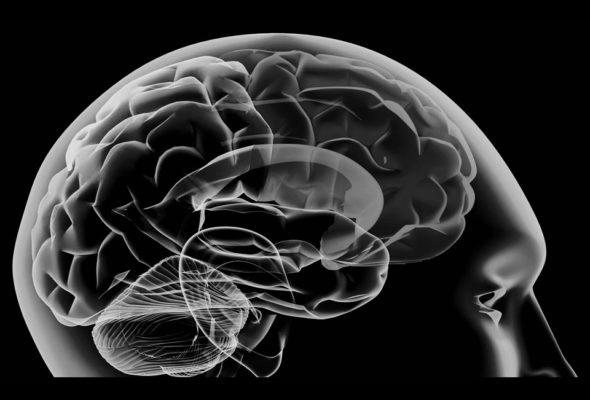
A study recently published in Oxidative Medicine and Cellular Longevity was designed to look at the growing body of evidence suggesting that age-related altered arginine metabolism affects brain metabolic activity, particularly in regions involved in learning, memory, and motor function.
Arginine and L-arginine are the same amino acid with the same bonds between the same molecules, but they differ in their configuration. They are used in the biosynthesis of proteins. Forgive me, but I once read that if they were songs, arginine would be the hit song and L-arginine would be the remix—same song, different arrangement.
Food sources of arginine are usually associated with animal proteins, dairy, beans, and some nuts.
L-arginine metabolism is a proven major player in cellular communication, oxidative stress, and inflammation, which are now all linked to less than optimal senior cognition and motor function.
L-arginine is a semi-essential amino acid that can be metabolized by nitric oxide synthase (NOS) to produce nitric oxide (NO), which plays an important role in maintaining physiological function of the nervous system.
However, NO can become neurotoxic when and if present in excess, due to its free radical property. Fortunately, arginine metabolites, including L-arginine, play an important role in regulating or modulating the production of NO, particularly in the older brain.
The good news: Neurodegeneration and cognitive decline can be modulated by dietary components rich in antioxidants such as vegetables, fruits, and ascorbic acid. This particular research was designed to further investigate how brain arginine metabolism is affected by age.
The research found that the effects of age and vitamin E on arginine and its metabolites in specific areas of the brain included changes in L-arginine metabolism that affected memory processing, spatial memory, cognition, and motor function.
Enter full-spectrum vitamin E
Low plasma vitamin E tocopherol and tocotrienol levels have been clinically linked to increased risk of cognitive impairment. Vitamin E tocopherol and tocotrienol supplementation have been repeatedly suggested to help preserve cognitive function and general well-being in the elderly. Cell culture studies have also demonstrated the neuroprotective effects of vitamin E, with tocotrienols being more potent than tocopherols.
The mechanism of action of tocotrienol includes, but is not limited to, free radical scavenging and modulation of arachidonic acid, homocysteic acid, and mitochondrial metabolism.
This study found that tocotrienol supplementation in the young rat triggered the involvement of more neurochemicals from different areas of the brain to influence behavior, particularly the locomotor activity. However the tocotrienols were able to influence both memory and locomotor activity in the old group of rats.
The study shows that age-related changes in L-arginine and its metabolites are region specific in the brain and that tocotrienol supplementation was able to reverse some of the age-related alterations of the amino acids involved in both memory processing and motor control.
By: Ellen Troyer, with Spencer Thornton, MD, David Amess and the Biosyntrx staff
Article Source : Biosyntrx